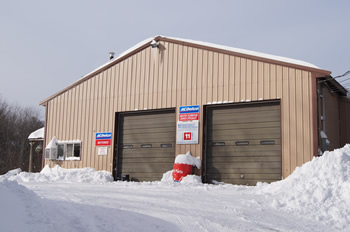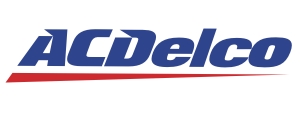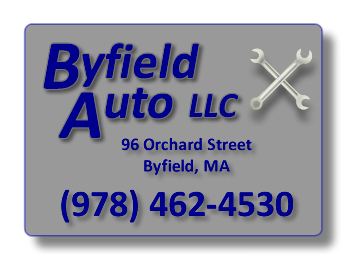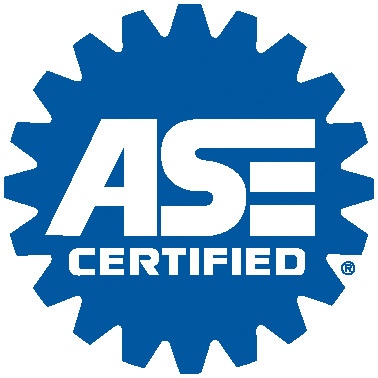for the Family Car"
Saturday
Sunday
1:00 PM - 4:00 PM
Closed
Closed
1:00 PM - 4:00 PM


At Byfield Auto, we've been providing professional automotive repair and service for Byfield and the surrounding area since 1986. We are a family owned and operated automotive repair shop providing top notch car and truck service at a family friendly price.
Our expert repair technicians are trained to perform diagnostic and repair services on all makes and models, whether its a brand new car fresh off the lot, or that carefully maintained classic you keep safe in the garage except for summer weekend drives. We can take care of your factory recommended maintenance service as well.
Our technicians keep up with the latest technologies, taking advantage of training classes and seminars to stay abreast of the latest diagnostic and service practices required by modern vehicles.
Whether it's a simple oil and filter change, suspension repair, alignment, engine service, or just a simple light bulb replacement, we would be happy to provide you fast and friendly service.






